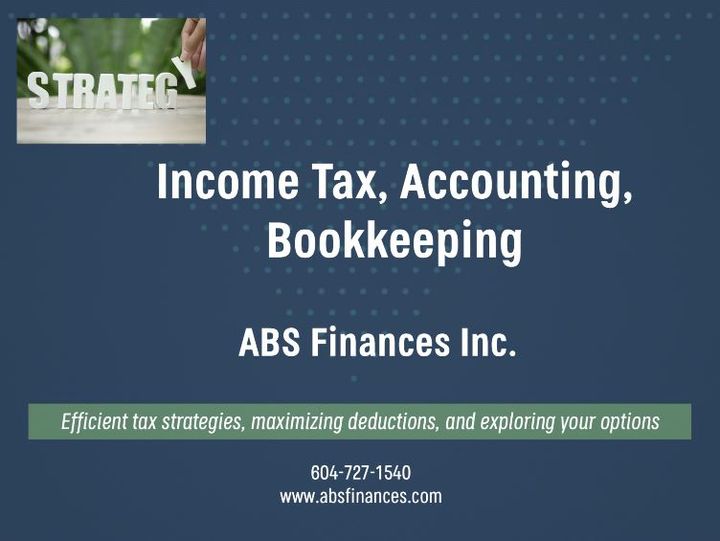Limitations on expenses for vehicles used by passengers

Under the Income Tax Act, there are restrictions on the allowable deductions for passenger vehicles, whether new or used, except for zero-emission vehicles (ZEVs) purchased before March 2, 2020, which must be new. The prescribed limits for passenger vehicles acquired or leased after 2000 are as follows:
■ for loans taken to purchase a passenger vehicle, the maximum allowable deduction for interest is $300 per month, which remains unchanged for 2022 and beyond.
■ regarding monthly lease costs, the maximum deductible amount per passenger vehicle is $800 (or $900 for vehicles bought on or after January 1, 2022), plus any applicable GST or HST and PST, less any GST or HST input tax credits claimed. If the vehicle's value exceeds the capital cost limit of $30,000 (or $34,000 for 2022 and beyond), the deductible lease costs are prorated.
■ for non-zero-emission passenger vehicles, the maximum capital cost allowance (CCA) amount is $30,000 (or $34,000 for 2022 and beyond), plus taxes, less input tax credits. If the cost is higher, the CCA claim will still be based only on $30,000 (or $34,000 for 2022 and beyond), plus taxes, less input tax credits.
■ for eligible zero-emission passenger vehicles, the maximum CCA amount is $55,000 (or $59,000 for 2022 and beyond), plus taxes, less input tax credits. These include fully electric or hydrogen-powered vehicles, as well as plug-in hybrids with a battery capacity of at least 7 kWh.
More information regarding vehicles:
■ Passenger vehicles and motor vehicles are normally included in CCA class 10 (30% CCA, 15% in the first year)
■ passenger vehicles costing greater than $30,000 ($34,000 for vehicles acquired on or after January 1, 2022) are each in a separate class 10.1 (also 30% CCA, 15% in the first year, calculated on the above cost limit).
■ a terminal loss may not be claimed for class 10.1 vehicles. d. Recapture rules do not apply to class 10.1 vehicles.
■ in the year of disposal of a class 10.1 vehicle, 15% CCA may be claimed.
■ the $30,000 / $34,000 limit also applies when calculating GST input tax credits on the purchase or lease of a passenger vehicle.
■ zero-emission vehicles
There are also special rules set out in the Excise Tax Act, for GST registrants for claiming input tax credits on the purchase of passenger vehicles.
It's important to note that these limitations on deductions for vehicles used by passengers do not apply to motor vehicles that are not classified as passenger vehicles.
Capital Cost Allowance for Zero Emission Vehicles - Federal 2019 Budget
■ a new CCA class, class 55, has been created with a capital cost limit of $55,000 (increased to $59,000 for vehicles bought on or after January 1, 2022) for eligible zero-emission vehicles that would otherwise be included in class 16. This class includes taxis, vehicles rented or leased for short periods, and heavy trucks and tractors designed for hauling freight. The appropriateness of the $55,000 (or $59,000) limit will be assessed annually.
■ for previous class 10 and 10.1 zero-emission vehicles, the new CCA class will be class 54, with a capital cost limit of $30,000. Changes to this limit are described above.
■ qualifying zero-emission vehicles (fully electric, plug-in hybrid with a battery capacity of at least 7 kWh, or fully powered by hydrogen) can be fully written off in the year they're put to use. Note that the battery capacity requirement was revised from 15 kWh to 7 kWh before 3rd reading in the legislature.
■ eligible vehicles purchased on or after March 19, 2019, and available for use before January 1, 2024, can benefit from immediate expensing (100% enhanced allowance). However, the enhanced allowance rate will be reduced to 75% for vehicles available for use in 2024/25 and 55% for vehicles available for use in 2026/27. CCA can be deducted on any remaining balances in the new classes using a declining-balance basis at a rate of 30% for class 54 and 40% for class 55.
Finally, vehicles that receive assistance under the new federal purchase incentive announced in Budget 2019 will not be eligible for first-year immediate expensing.
Disclaimer:
“Please note that the information provided in this article is of a general nature and may not be accurate for your specific situation. The information is current as of the date of posting and is not intended to provide legal advice. It's always recommended that you consult with a professional accountant and lawyer for personalized guidance and advice."



